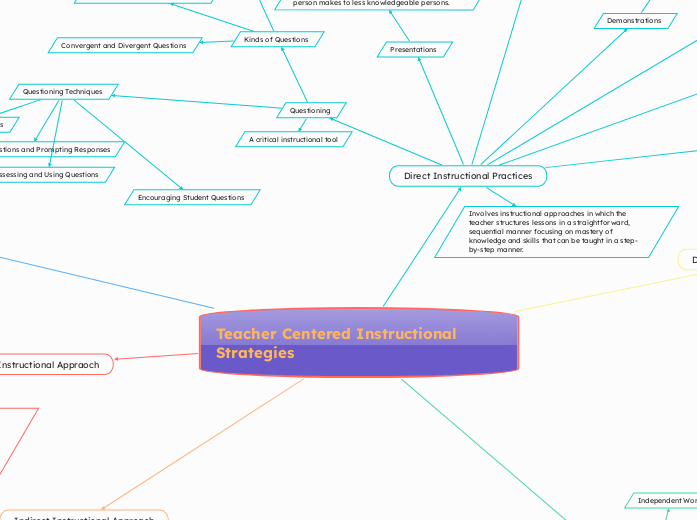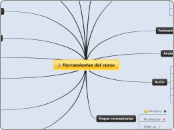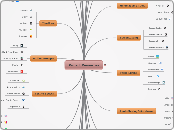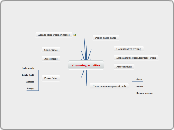Teacher Centered Instructional Strategies
Main topic
Direct Instructional Practices
Guided Practice & Homework
Homework
Study that students do when they are not under the direct supervision of their teachers, such as study at home, in the library, or in study hall
Guided Practice
Students use and practice knowledge and skills being address in class
Reviews
An opportunity for students to look at a topic another time
Practice & Drills
Drills
Involve repeating information on a particular topic until it is firmly established in the students mind.
Practice
Involves going over material just learned; intended to consolidate, clarify, and emphasize what the student has already learned.
Recitations
Involves a teacher asking students a series of relatively short answer questions to determine if they remember or understand previously covered content.
Questioning
Questioning Techniques
Encouraging Student Questions
Assessing and Using Questions
Formulating Questions
Presenting Questions and Prompting Responses
Kinds of Questions
Types of Questions
Convergent and Divergent Questions
Questions for the Learning Domain
A critical instructional tool
Demonstrations
Similar to a lecture in its direct communication of information from teacher to students. A demonstration involves a visual presentation to examine processes, information, and ideas.
Presentations
An informative talk that a more knowledgeable person makes to less knowledgeable persons.
Involves instructional approaches in which the teacher structures lessons in a straightforward, sequential manner focusing on mastery of knowledge and skills that can be taught in a step-by-step manner.
Gradual Release of Responsibility Model
Independent Work
Teachers design and supervise tasks that require students to apply information they have been taught to create new and authentic products.
Collaborative Work
Teachers design and supervise tasks that enable students to be in productive groups to consolidate their thinking and understanding, and that require students to generate individual products that can provide formative assessment information.
Guided Instruction
Teachers strategically use questions and assessment informed prompts, cues, direct explanation, and modeling to guide students to increasingly complex thinking and facilitate students' increased responsibility for task completion.
Focus Lessons
Teacher's establish a lessons purpose and then model their thinking to illustrate for students how to approach the new learning
Deductive and Inductive Strategies
Inductive Strategies
Involves inductive reasoning where the lesson begins with examples, and the students examine the examples in an effort to identify the main principle or concept.
Deductive Strategies
Involve deductive reasoning in which the teacher starts with a known principle or concept followed by examples of the concept.
Indirect Instructional Approach
Indirect Instruction
The teacher takes the lead in determining the instructional objectives and corresponding content, but the students may be involved in some degree of planning
Direct Instructional Appraoch
Direct Instruction
Teacher selects instructional objectives, the supporting content, and the instructional strategies used in the lesson









